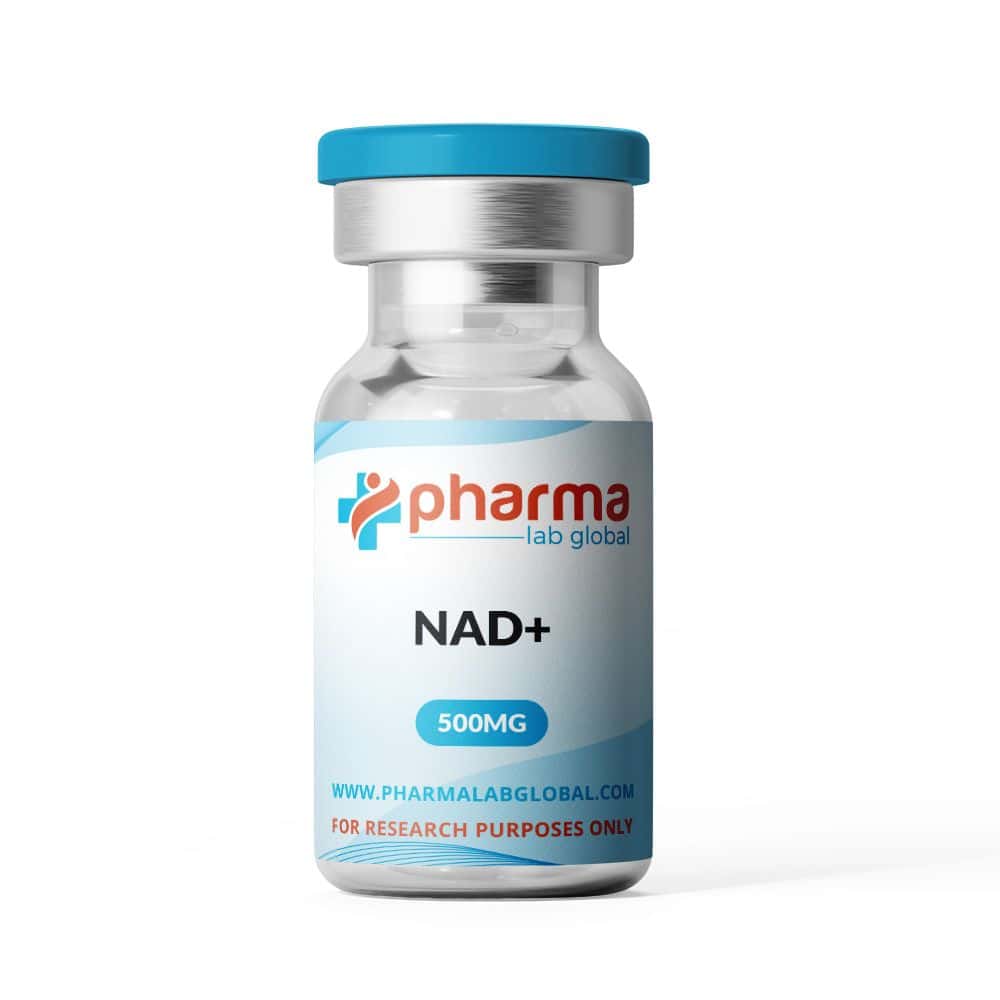Exploring the Profound Nature of NAD+ Peptide and its Role in Enhancing Metabolic Functions

15% off first order with code: 1storder

In the pursuit of optimal health and longevity, individuals are turning to cutting-edge advancements in science and medicine. One such breakthrough that has garnered significant attention is the role of NAD+ peptide in supporting metabolic functions. As we delve into the depths of this fascinating subject, we explore the intricate workings of this peptide and its multifaceted benefits. Pharma Lab Global Japan are committed to understanding the potential of this peptide for a healthier future.
Nicotinamide Adenine Dinucleotide (NAD+) is an indispensable molecule present in every human cell, playing a vital role in numerous biological processes. Its advanced version has emerged as a critical factor in supporting metabolic functions. Acting as a coenzyme, this peptide actively participates in crucial reactions that drive cellular activities, energy production, and DNA repair. Its significance lies not only in its ubiquity but also in its profound impact on the intricate mechanisms governing our physiology.
To comprehend the significance it in metabolic support, it’s essential to grasp its intricate working process within the body. Here’s a breakdown of how it operates:
NAD+ peptide is indispensable for optimal health, serving as a linchpin in cellular energy production, DNA repair, and metabolic efficiency. Crucial for ATP synthesis, it drives energy production in mitochondria, ensuring cells have the vitality for various functions. Its role in DNA repair mechanisms contributes to genetic integrity and longevity. It influences on metabolic processes enhances nutrient utilization and may support weight management. Additionally, its potential impact on cognitive function and antioxidant properties further underscore its significance in maintaining overall well-being, making it a key component for those aiming to unlock the full potential of their bodies and pursue a healthier, more vibrant life.
Unlocking the full potential of NAD+ peptide reveals a spectrum of benefits that extend beyond conventional metabolic support. Here are some advantages:
In the pursuit of optimizing metabolic functions, the role of NAD+ peptide emerges as a groundbreaking avenue for promoting overall health and well-being. Pharma Lab Global Japan stands at the forefront of this scientific frontier, harnessing the potential of NAD+ peptide to provide innovative solutions for individuals seeking a healthier and more vibrant life. As we continue to unravel the mysteries of cellular metabolism, NAD+ peptide remains a beacon of hope for those striving to unlock the full potential of their bodies.
[1] https://www.ncbi.nlm.nih.gov/ pmc/articles/PMC6577427/
[2] https://pubmed.ncbi.nlm.nih.gov/ 28330719/
[3] https://www.ncbi.nlm.nih.gov/ pmc/articles/PMC6854586/
Pharma Lab Global Japan is one of the best locations to purchase high purity NAD+ Peptide Vial for research. Japan Pharma Lab Global is a trusted supplier of peptides and sarms worldwide.
TO PURCHASE PRODUCTS FROM OUR WEBSITE YOU MUST BE AT LEAST 21 YEARS OF AGE.
DISCLAIMER: All products sold by PharmaLabGlobal are for in-vitro research and laboratory use only. These products are not designed for use or consumption by humans or animals. Nothing on this Website is intended to diagnose, heal, treat, cure, mitigate or prevent disease. By purchasing from our Website the buyer accepts and acknowledges the risks involved with consumption and handling of these products. All articles and product information provided on this Website are for informational and educational purposes only. All products are to be handled by qualified and properly trained research or laboratory professionals only.
ALL PRODUCTS AVAILABLE ON THIS WEBSITE ARE FOR RESEARCH PURPOSES ONLY.
DISCLAIMER: All products on this site https://japan.pharmalabglobal.com are exclusively for research and laboratory purposes only. The products on this site are not intended for use in humans or animals, nor are they designed to diagnose, treat, cure or prevent any illness. All information and content provided on our Pharma Lab Global website are purely for educational purposes. All products are to be handled by suitably qualified and properly trained research professionals only.
